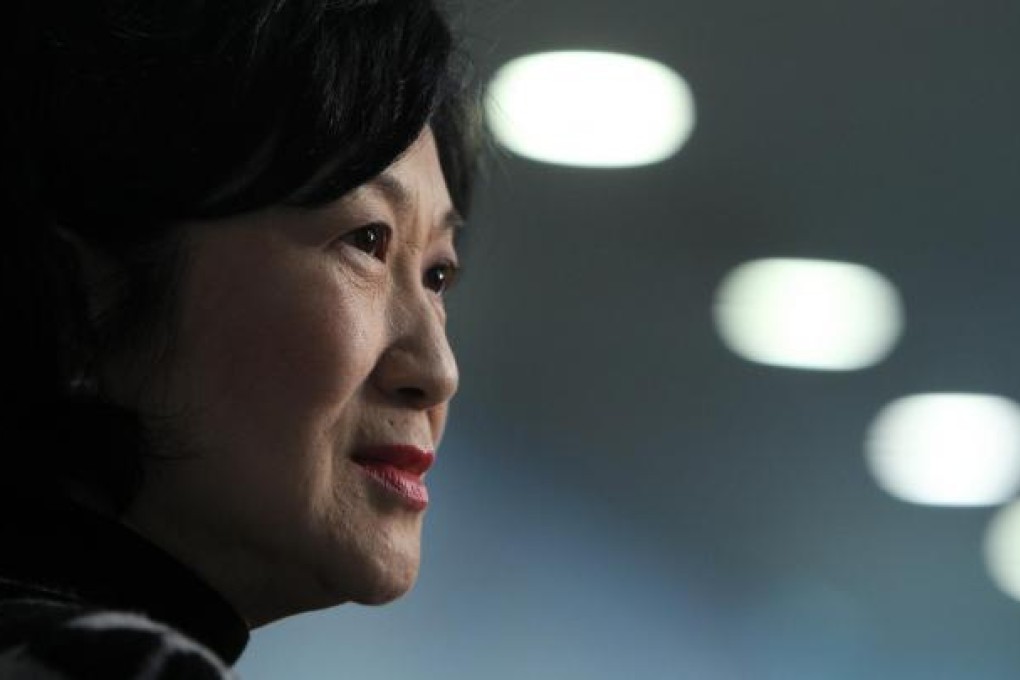
For someone who has been bellyaching about Hong Kong's air quality for the past 18 months, and for the NGOs that have been at it for much longer, it was music to the ears to hear the environment secretary say air quality - roadside pollution, in particular - was to be a priority for his department. It's the best news on the environment front for the past eight years, or however long do-next-to-nothing Donald Tsang was chief executive.
But the most interesting point was that the government acknowledged, for the first time, the connection between air quality and public health. This is an enormous step, since it means that dealing with our foul air becomes not just a matter of cost but also a question of benefits in the form of better public health, a reduced number of avoidable deaths, lower occupancy of hospital beds and fewer visits to doctors. It's believed the bureau intends to announce initial proposals for dealing with roadside pollution ahead of the chief executive's policy speech in January. If C.Y. Leung's administration delivers on this and achieves nothing else, it will still be light years ahead of the previous administration.
Intelligence Squared, the organisation that aims to raise the level of public discussion on big issues, has set up an enticing debate involving two Hong Kong political heavyweights, Regina Ip Lau Suk-yee and Ronny Tong Ka-wah. With the looming changes in the leadership on the mainland and in the United States, in addition to our recent change of leadership and Legislative Council elections, the topic, "China picks better leaders than the West", is a juicy vehicle for examining issues such as leadership and political systems.
Speaking for the motion are Daniel Bell, the Tsinghua University Confucian philosopher and scholar; and Ip, legislator, New People's Party founder and former Hong Kong secretary for security. Speaking against the motion are Kenneth Lieberthal, Brookings Institution fellow and Asia adviser at the US National Security Council during the presidency of Bill Clinton; and Tong, senior counsel, legislator and Civic Party executive committee member. The debate will be held on October 29 at the Convention and Exhibition Centre.
Reuters appears to have trumped other news organisations in its reporting on the disappearance of Xi Jinping, who is expected to be our new leader, providing he doesn't disappear again. Reuters was alone in reporting early on that Xi's failure to show up for visiting dignitaries was due to a bad back. Meanwhile, as the newsletter Sinocism observes, The New York Times reported Xi had had a heart attack or a stroke, Fairfax Media that he was "fine" and the Daily Telegraph that he had suffered both a heart attack and/or was in trouble with party elders. Not all of these versions could be correct. Tung Chee-hwa told CNN Xi had a back problem. But are we to take this as confirmation of the fact or reinforcement of the official line? Some say a back problem can be a symptom of a heart attack. Such are the problems of reporting in such an opaque environment.
Good to see that Lui Che-woo, chairman of Galaxy Entertainment, has entered the big time. He has recently become one of the world's 100 richest people, according to the Bloomberg Billionaires Index. Lui is ranked 97th, with a net worth of US$10.2 billion. This comes on the back of the stellar performance of his company on the Hong Kong stock exchange. Galaxy has soared 75 per cent over the past 12 months.
